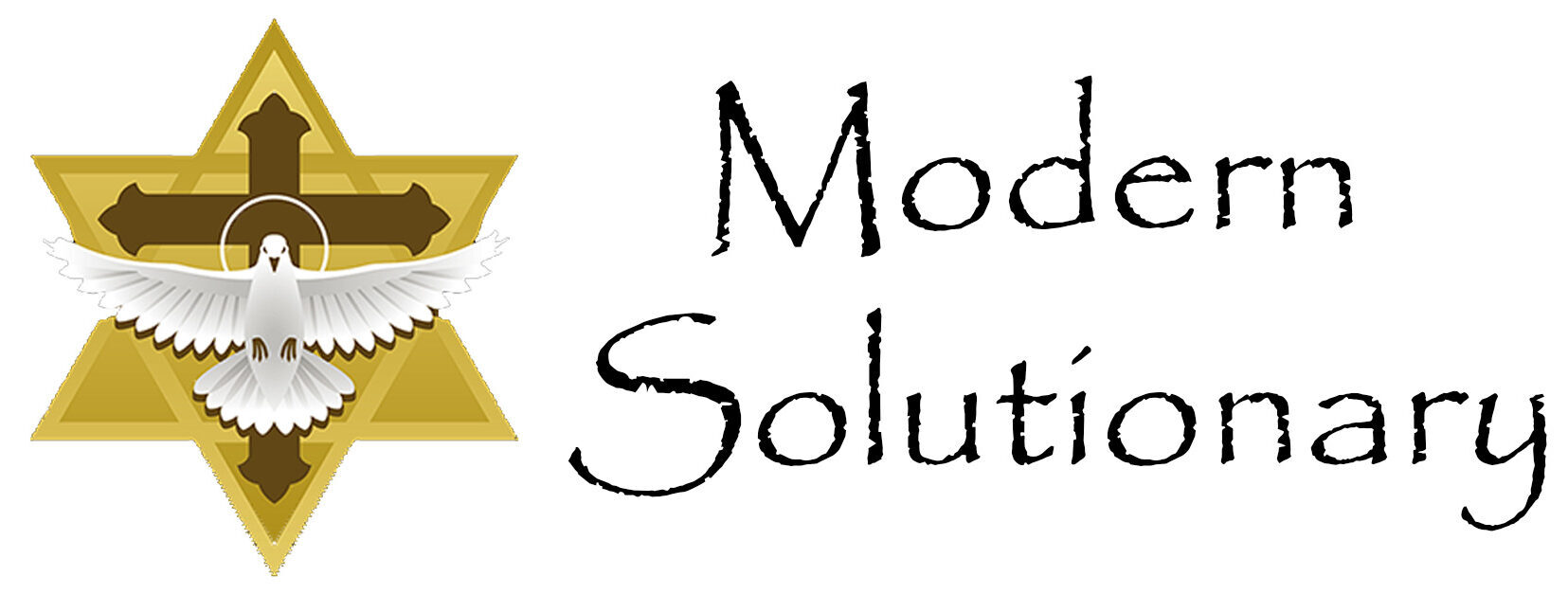
Imagine your future as a blank canvas, the image is yours to paint, what the final image will include, and what will be left out. Each day, the brushstrokes of tomorrow are determined by the changes we embrace today. As I like to say, “We cannot change our future without first changing ourselves.”
This simple truth underscores the necessity of grounding our decisions in ethical and moral beliefs. As individuals navigating a world of constant flux, the decisions we make not only shape our lives but also leave an indelible impact on those around us. How, then, can we ensure that our choices lead to meaningful, positive outcomes? The answer lies in using our moral compass to guide us through the complexities of decision-making.
At the core of ethical decision-making lies an understanding of our values—those principles that define who we are and what we stand for. Whether drawn from religious teachings, philosophical reflections, cultural heritage, or personal convictions, these values serve as a beacon, illuminating the path when faced with dilemmas. By reflecting on what is right, just, and compassionate, we can make choices that align with the greater good rather than succumbing to self-interest or short-term gains.
Consider the ripple effect of decisions. Each choice we make influences not only ourselves but also the community, society, and even future generations. True leadership, whether in personal growth, professional endeavors, or spiritual awakenings begins with taking control of your thoughts, words, and actions. When we consciously shape the shifts within us, we take charge of the masterpiece that is our future. An employee prioritizing integrity over shortcuts fosters a culture of honesty within their workplace. A parent instilling kindness and empathy in their child shapes that child’s future life.
However, living according to ethical and moral principles isn’t always easy. Temptation in the form of social manipulation, fears of all types, and external pressures can cloud our judgment. This is where self-reflection plays a pivotal role. Before making a decision, pause and ask:
Does this align with my values or the values of those I trust because, deep down, I know they are looking out for my wellbeing?
Would this choice bring harm or benefit to me or others?
Am I acting out of love, respect, and fairness?
These moments of introspection ensure that our choices are intentional, value based, and meaningful.
Ethical decision-making also calls for humility and openness to learn. None of us has all the answers, and the world is rife with complexity and hidden agendas. By seeking perspective, engaging in dialogue, and drawing on historical trust, we can enrich our understanding and approach challenges with greater clarity. People grounded in the real truth, parents, religious leaders, and scripture remind us that ethical and moral growth is a lifelong journey. Their teachings inspire us to act courageously and compassionately, even when the stakes are at their highest.
Practical application of these principles matters just as much. We must strive to embody our beliefs through our actions; talking the talk and walking the talk, as the saying goes. Whether it’s advocating against the lies of misinformed friends, being responsible stewards of resources, or simply offering a kind word, every decision becomes an opportunity to reflect our values.
In a world where change is constant and challenges abound, anchoring our decisions in ethical and moral beliefs ensures that we are not merely shading around an image on our canvas, but actively shaping our lives and communities for the better. When our choices are guided by what is good, true, and uplifting, we inspire others to do the same, creating a legacy that transcends time. After all, the art of living is drafting a life rooted in purpose drawn from truth, wisdom, and virtue.
Let us be the stewards of change, led by the highest ideals within us.
If this is my last post, I want all to know there was only one purpose for all that I have written; to have made a positive difference in the lives of others.
Anthony “Tony” Boquet, the author of “The Bloodline of Wisdom, The Awakening of a Modern Solutionary”
